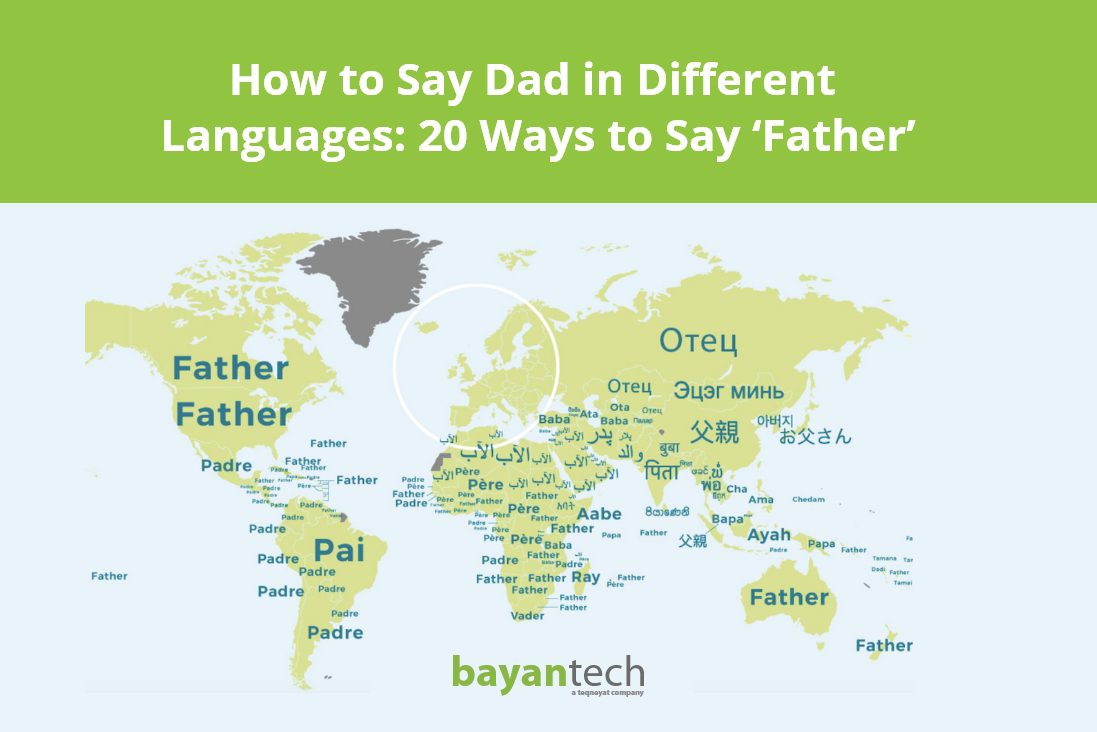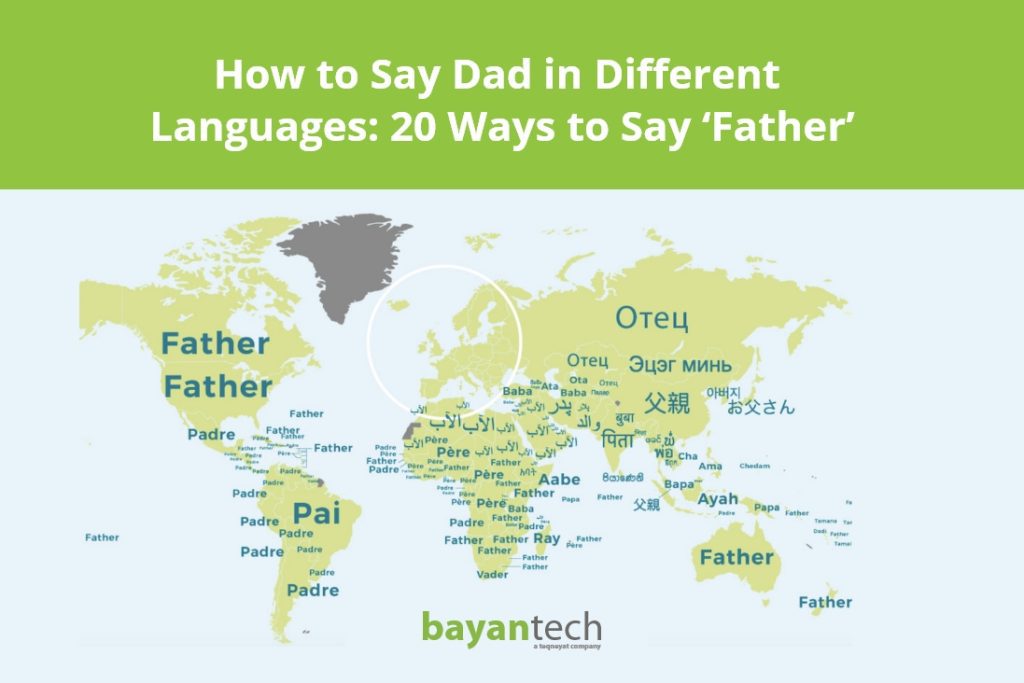Have you ever come across a website that was in a language you don’t speak? Probably yes. What was your reaction? Did you try to make an extra effort and translate the website content?
That’s the route you probably decided to take if the content was of the utmost importance. But, if you were looking for a product or a service, did you risk a misunderstanding and used Google Translate? Or did you just leave the site for a local competitor?
For companies expanding to global markets, website language localization isn’t a nice-to- have. It’s essential if they want to make a good first impression in new locales.
In this post, we’ll analyze the impact of website localization in scaling businesses and why website localization is important. We’ll also take a look at some of the critical elements of website localization as a marketing practice.
Let’s begin.
What is Website Localization?
Before we can explain why website localization is important, it’s worth reaffirming what the website localization process entails. If you come here from our previous writings on this discipline, feel free to skip this section.
Language companies usually offer both translation services and localization, as translation is a component of localization, and translation services providers usually have the cultural expertise to face these types of projects. But they’re not just about translation.
Website localization is the process of adapting the content, graphics, and interface of a website to a target culture. As each culture has its own preferences and customs, those writing and design choices that work in a locale won’t necessarily work – and might even be offensive – in another.
Website localization best practices aren’t just about translating text. The color palette, the photos that illustrate each page, the typography, and the layout, all of these components should be addressed and modified (or consciously left intact) by the experienced judgment of the team at a website localization services provider.

Why Website Localization Is Important
Now that we have a clear idea of what website localization means, let’s dive into why website localization is important.
In order to obtain a positive commercial response, foreign customers need to be approached in their native tongue, with sensitivity to their culture and needs. Some marketers say that the way to the customers’ pocket is through their hearts. This joke is a perhaps blunt way to communicate an evidenced fact: People are most likely to buy from you if you treat them with care, respect, and intelligence.
Your website’s visitors will feel more comfortable in an environment that is familiar to them: as CSA research points out in their widely quoted study, more than 65% of internet users prefer websites in their native language.
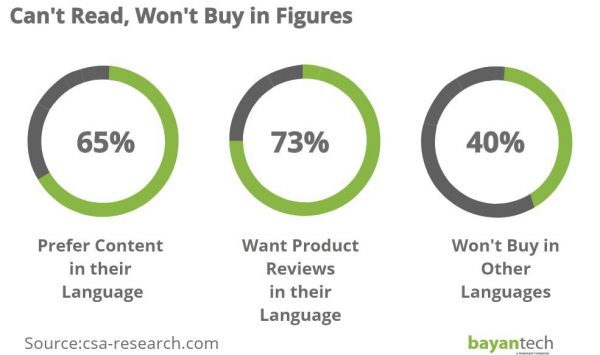
And, as Education First’s English Proficiency Index found, even some promising markets such as Colombia, Mexico, Oman, and Saudi Arabia have extremely low English penetration levels.
While it’s obvious that translating your content should be the starting point of your marketing strategy for foreign markets, that’s not everything there is to international digital marketing.
Aside from linguistic issues, there are many other nuances to take into account. Portraits of people on your website must reflect your potential customer’s way of living, their culture, as well as avoid those things that are taboo. When you leave symbols, colors, and images unaddressed and just add your translated content to your website, you’re risking the possibility of exposing your customers to offensive content, unwillingly.
On the other hand, different languages may have different writing methods, which can define your website layout. Content written in Arabic, for example, needs to be formatted to appear from right to left. In some cases, the only way to deliver a high-quality experience is to rethink your existing website’s layout.
In a nutshell, the reason why website localization is important is that translating your web content isn’t enough to connect with foreign customers.
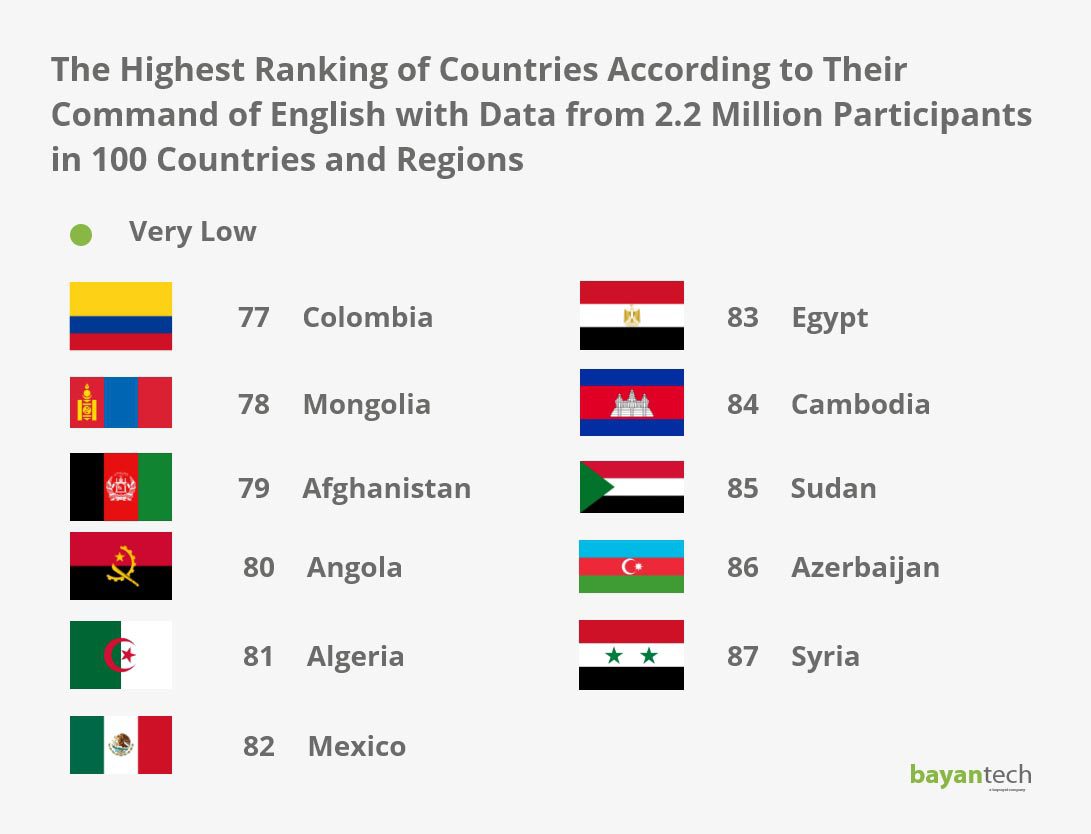
3 Common Challenges of Website Localization
Localization involves technical adjustments that can’t be carried out by just any team of regular translators. Like any commercial website, your site’s main goal is to obtain the maximum amount of visitors in order to convert them into buyers. A key step to attracting visitors (your main goal, aside from the purchase itself) is to assure that you have a good search engine optimization strategy.
SEO
Customers in each new locale will be using different terms to search for your products. Having your content reflect these search trends will make it easier for your business to be found and help you move you towards your business goals.
On the other hand, a country may have a preference for certain search engines. And every search engine has its own way of ranking. For example, if you want to expand your business to Russia, you’ll have to optimize the webpage for Yandex, Eastern Europe’s most popular search engine.
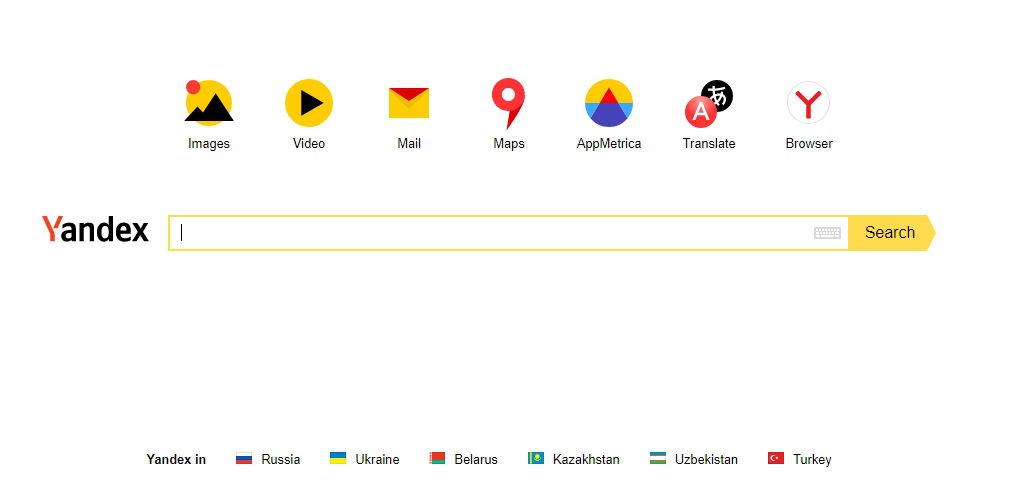
Technological Differences
Another important part of any website localization project is to take into account the technological possibilities of your potential clients. In some countries, the average internet connection is slow or unstable, which means that an image-heavy website with complex animations will be harder to access.
Loading speed can be shortened by the use of Accelerated Mobile Pages and Progressive Web Apps, among other technologies. Adapting to local technological barriers through a lightweight webpage is something to pay attention to in the localization process.

Multimedia Localization
What if your site has multimedia content such as instructional videos that need to be localized? Digital content localization should also be provided by your website localization service of choice. Having untranslated videos or infographics can be as detrimental to the user experience as failing to mirror elements in your website’s Arabic version.
Wrapping up, aside from adapting images and UI, the most challenging (and important) aspects of website localization usually are:
- Implementing a localization SEO strategy
- Adapting to technical limitations
- Extracting and adapting all audio-visual material
Want to learn everything there is to know
about website localization?
Check out our website localization e-book and take a closer look at the website localization process and its impact
on businesses like yours.
An Example of Great Website Localization
Nothing shows why website localization is important like a real example of successful website translation and localization.
Nescafé’s websites vary widely across overseas markets. For instance, when making a side-by-side comparison between the company’s Argentine website and its Japanese counterpart, you’ll find significant differences in content, design, and user journey.

Let’s start with the design. The Argentine website is structured very similarly to most Nescafe websites in the region, with large “parallax” images and white background. This website’s design looks contemporary, with all those design elements one expects to see in a modern website.
Nestle’s Japanese website, on the other hand, is a whole different experience. Some could even call it outdated, with its usage of densely packed columns of texts, very small images, and bold combinations of images and color. The website also features what many could refer to as accessibility and SEO errors. For instance, it puts a lot of text in images.

As a side note, it’s worth mentioning that this could be a localization challenge in itself. If one wanted to keep the images for a different locale, they’d have to be redesigned. And, if you wanted to fix the error (the text on images can’t be read by screen readers, nor search engine crawl robots), you’d have to recreate the design in code – or just rethink how to deliver that information.
These traits are common to Japanese websites. Of course, there’s a reason why this technological leader produces sites with these characteristics. Let’s take a closer look at the connection between culture, language, economy, and web design.
How Culture Affects Web Design
There are numberless cultural and technological reasons why Japanese websites look the way they do.
An important factor is the lack of italics and capitalization in Japanese. No Japanese writing system has the same tools to provide emphasis to text that, for example, the Latin alphabet has. That can explain the role of color in Japanese web design.

On the other hand, Japanese mobile phones incorporated complex web browsing functionalities years before the iPhone was released and the “smartphone era” began. These earlier phones could provide a pretty solid user experience but didn’t have the lofty screens of their successors. Therefore, website content had to be cramped to fit a small screen.
The prevalence of outdated computers in many offices and the lack of availability of Japanese web fonts have also conditioned web design. But, aside from these very circumstantial factors, some academics have even found a possible connection between Japanese philosophy and web design trends.
When it comes to web design trends and user preferences, it often feels like discussing what came first, the egg or the chicken. One could say that user preferences shape web design. But there’s also an argument in the idea that a long time spent working with a user interface makes it easy to navigate, regardless of how complex or unintuitive it may feel in contrast to mainstream UX practices.
Expanding businesses should honor this type of user preferences and work with them. That’s one key reason why website localization is important.
Sign up to our newsletter to receive the latest blogs and news.
How Wider Market Trends Affect the User Journey
Nescafé’s Argentine presence is mostly driven by local resellers and physical flagship stores. That’s why the local website doesn’t include an online store. All Comprar ahora (“Buy Now”) buttons redirect to the websites of local supermarket chains.

On the other hand, the coffee brand’s online presence is “nested” within the Nestle Japan website, with calls-to-action leading to Nestle’s own online store. This isn’t out of character for a Japanese brand. Japan is among the 5 largest markets for e-Commerce in the world.

How Wider Culture Determines the Ideal Marketing Message
On the other hand, Nescafé Japan has created programs such as Nescafé Ambassadors, which lends fans of the coffee brand a coffee machine they can install in their workplace, in exchange for repeated business. Through this program, Nestle makes the most out of the Japanese work culture and the sense of belonging that Japanese people tend to feel towards their workplace.

The Japanese Nescafé site contains several customer representations with Japanese models smiling at the camera.
Meanwhile, the Argentine Nescafé website features a test that allows users to find their ideal coffee variety. Aside from the picture of a coffee farmer, this website doesn’t include a lot of faces, and most of the images used on the website are close shots of coffee cups. Those pictures that do feature customer representations allude to being calm and at home not to being at work.

Key Takeaways
From this example, we can learn that the goal of true localization isn’t adapting to a language but to a whole culture and worldview. Cultural appropriateness is an important aspect of global communications. And, for digital campaigns, it should be combined with insight into internet usage trends in the target market.
Our contemporary globalized market hasn’t erased differences between cultures. On the contrary, in order to succeed abroad, a company has to recognize local preferences and adapt to them.
It’s also worth mentioning that, while website localization is essential, it’s one of the several pillars of an effective expansion strategy. For example, having a fully localized social networking presence is as important as having a culturally appropriate version of your website or perfectly translated public space ads.
Is There an Alternative to Website Localization?
In this post, we’ve provided a solid example of why website localization is important. But perhaps you may be wondering if there’s an alternative we haven’t covered.
Factually speaking, there isn’t. Even a high-quality translation service can’t operate at the same level, with the same holistic perspective of a localization web service provider. The cost of overlooking localization goes beyond the immediate loss of audience. If the poorly localized digital content is not just tone-deaf but offensive, it could be a PR disaster waiting to happen.
If you’re still skeptical about whether website localization is for you, we invite you to check out our latest guides on website translation proxy (a common website translation methodology) and the specifics of e-Commerce website localization. If you’re still unsure about whether your company truly needs localization, feel free to get in touch, for specialized assistance.
Is There an Alternative to Website Localization?
Even if your business understands why website localization is necessary, you’ll need the right allies to make your localized websites a reality.
At bayantech, we’re a localization service provider with almost two decades of experience. We’ve worked with the likes of Canon, Western Digital, Samsung, Alcatel, and Manpower. We combine ISO-certified practices, with professionals who are native speakers of your target language, adept localization engineers, and cutting-edge website localization technology.
Click on a star to rate this post!
5 / 5. 1







